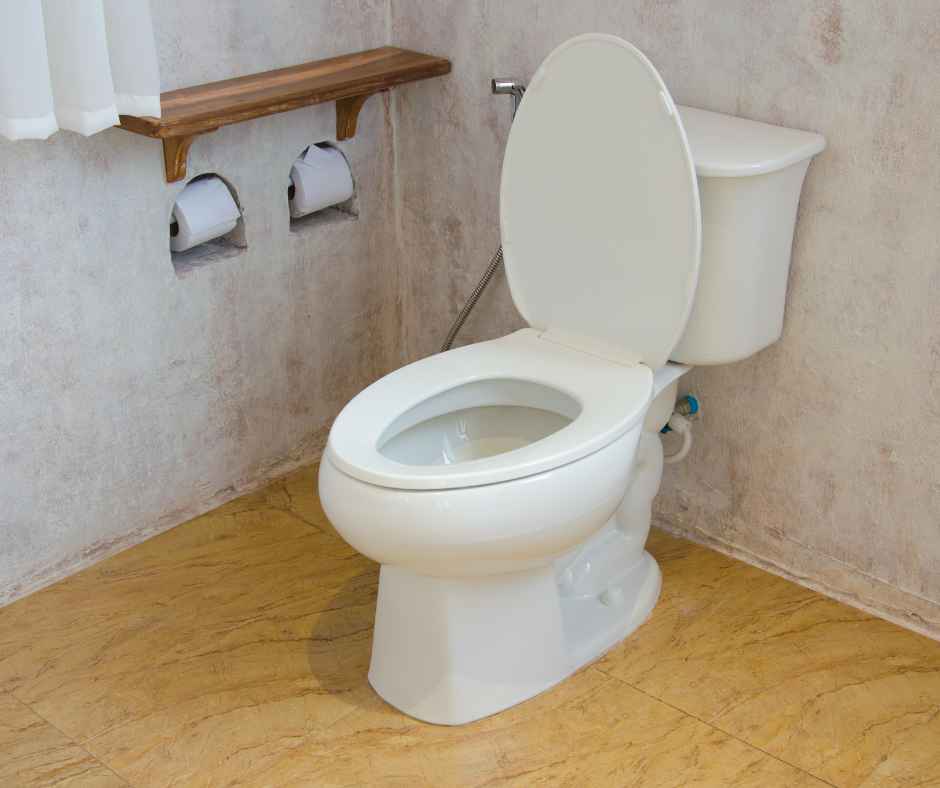the East Side & Beyond!
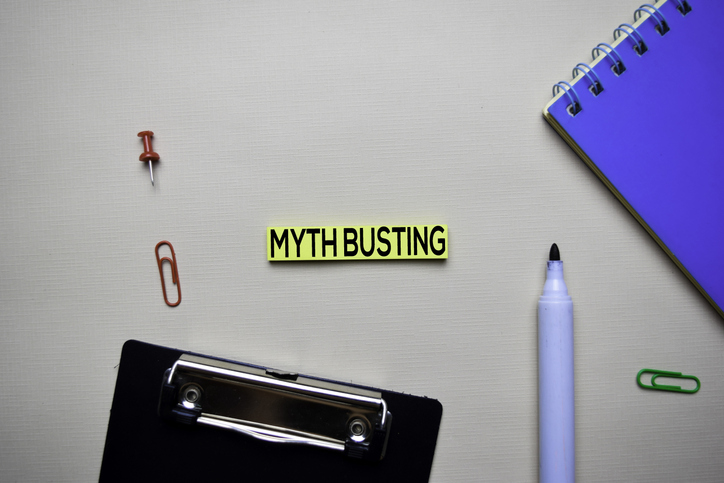
Busting 10 Common Plumbing Myths
July 5, 2017
Busting The World of Plumbing Myths!
There are certainly a few misconceptions out there when considering the regular upkeep and maintenance of your household plumbing fixtures and pipes. In an effort to clear things up, we’ve compiled a list of the top 10 most common plumbing myths and spent some time busting them!
- If I Don’t See A Leak, I Don’t Have A Leak
- A Leaky Faucet Isn’t A Big Deal
- Plumbing Fixtures Don’t Need Maintenance
- Toilets Can Flush More Than You Think
- Store Bought Chemicals Prevent Drain Damage
- A Plunger Can Help Retrieve Items Flushed Accidentally
- Lemons Will Keep My Disposal Clean
- If My Drain Is Working, It’s In Good Condition
- Running Water While Using My Disposal Prevents Damage
- In Tank Toilet Cleaners Keep The Toilet Clean
If I Don’t See A Leak, I Don’t Have A Leak – This could be one of the most costly misconceptions out there. Many leaks aren’t visible until they become a real problem requiring real, not to mention really expensive, solutions. Faulty plumbing, old pipes, and tree roots are just a few causes of hidden leaks. The best way to detect a leak before it hits your pocketbook is to monitor your water meter before and after a period of not using any water. If the meter goes up at all, you’ll know there is an issue. Another method of determining interior home leaks is to work with a plumber that offers a leak detection service using thermal imaging. It’s also a great practice to occasionally check for subtle signs of interior water damage like curling vinyl, peeling paint, wood finish looking “chalky”, or mold spots.
A Leaky Faucet Isn’t A Big Deal – We can assure you they are a big deal. The EPA reports that leaky faucets can waste up to a trillion gallons of water throughout the U.S. every year. Aside from causing large national losses, a leaky faucet can cause damage and staining. They can also affect your water bill a little faster than you would think. A leaky faucet is most commonly caused by a faulty or broken valve which often means you are in need of a replacement.
Plumbing Fixtures Don’t Need Maintenance – On the contrary, a shifting home foundation can wreak havoc on your interior/exterior plumbing and these shifts often go unnoticed until it’s too late. Keeping a consistent schedule of inspection and/or maintenance will prevent a lot of unnecessary expense. Keys to effective maintenance include visual inspection of the fixtures, visible pipes, and downspouts; occasional activation of faucets or fixtures that don’t often get used; cleaning out any filters or screens in your faucets to help prevent buildup; soak your showerheads in vinegar.
Toilets Can Flush More Than You Think – Toilets are not garbage chutes. Baby wipes, makeup wipes, feminine hygiene products, cotton balls, paper towels, pills, diapers, cigarette butts, dental floss and much more will wreak havoc on your toilet functions. No matter how manly you think your toilet might be, it can’t handle much more than a modest amount of tissue and the human waste that often accompanies it. Flushing those fish that have gone “to the other side” isn’t the best idea either – FYI.
Store Bought Chemicals Prevent Drain Damage – Unfortunately, there isn’t always a quick fix for drain issues. You can often abate damage by using good quality drain cleaners but it rarely solves the problem itself. If you find yourself having to repair the same drain more than once or twice a year, it’s time to call in the professionals for a long-term solution before the problem gets out of hand.
A Plunger Can Help Retrieve Items Flushed Accidentally – Not so much. Plungers are a great tool to have around the house but they are far more effective at clearing drains by pushing the clogs through them rather than pulling items back up. If you’ve lost something of value, like your GI Joe action figure, try using a plumbing snake or wire hanger instead. If your lost valuable happens to be metal, you can also attach a magnet to the end of your hanger giving you markedly better odds of retrieval.
Lemons Will Keep My Disposal Clean – The refreshing properties of lemons are plentiful for sure but unfortunately, cleaning your disposal isn’t on that list. While a fresh lemon in the disposal will help it smell clean, it won’t do much for making it clean. For that, you’ll need a mild soap and some warm water. First (don’t forget this part) unplug your disposal. Once you’ve confirmed it’s no longer attached to a power source, spray down the disposal with the mild soap and water, wait a moment, then proceed to scrub it out with a medium bristle brush.
If My Drain Is Working, It’s In Good Condition – Slime, sludge, and grime can easily accumulate in your pipes over time so even if the water continues to drain, you could have a hidden problem. Keep an eye out for slowing drains and if you come across any, act fast so you can avoid a bigger problem and expense down the road. You can try some at home maintenance like throwing a handful of baking soda in the drain and following with very hot water. You could also put in a cup of vinegar, let it sit for ½ hour then chase it with hot water. Not only could this help keep your drains clear – it helps with odors too!
Running Water While Using My Disposal Prevents Damage – Most people believe that running water while you are running your disposal is imperative. Turns out, it’s not as necessary as you think. You can run as much water down your disposal as you like but if you’ve loaded it up with things you aren’t supposed to like eggshells, potato/banana peels, etc., the water won’t do you much good as far as preventing damage.
In Tank Toilet Cleaners Keeps My Toilet Clean – Actually, in bowl cleaners are far better for your toilet than the chemical discs that sit in your tank. Those discs can often release too much bleach and damage the interior walls. In addition, by the time the cleaner reaches your bowl, it’s far less effective. Stick with the blue goo!
Recent News
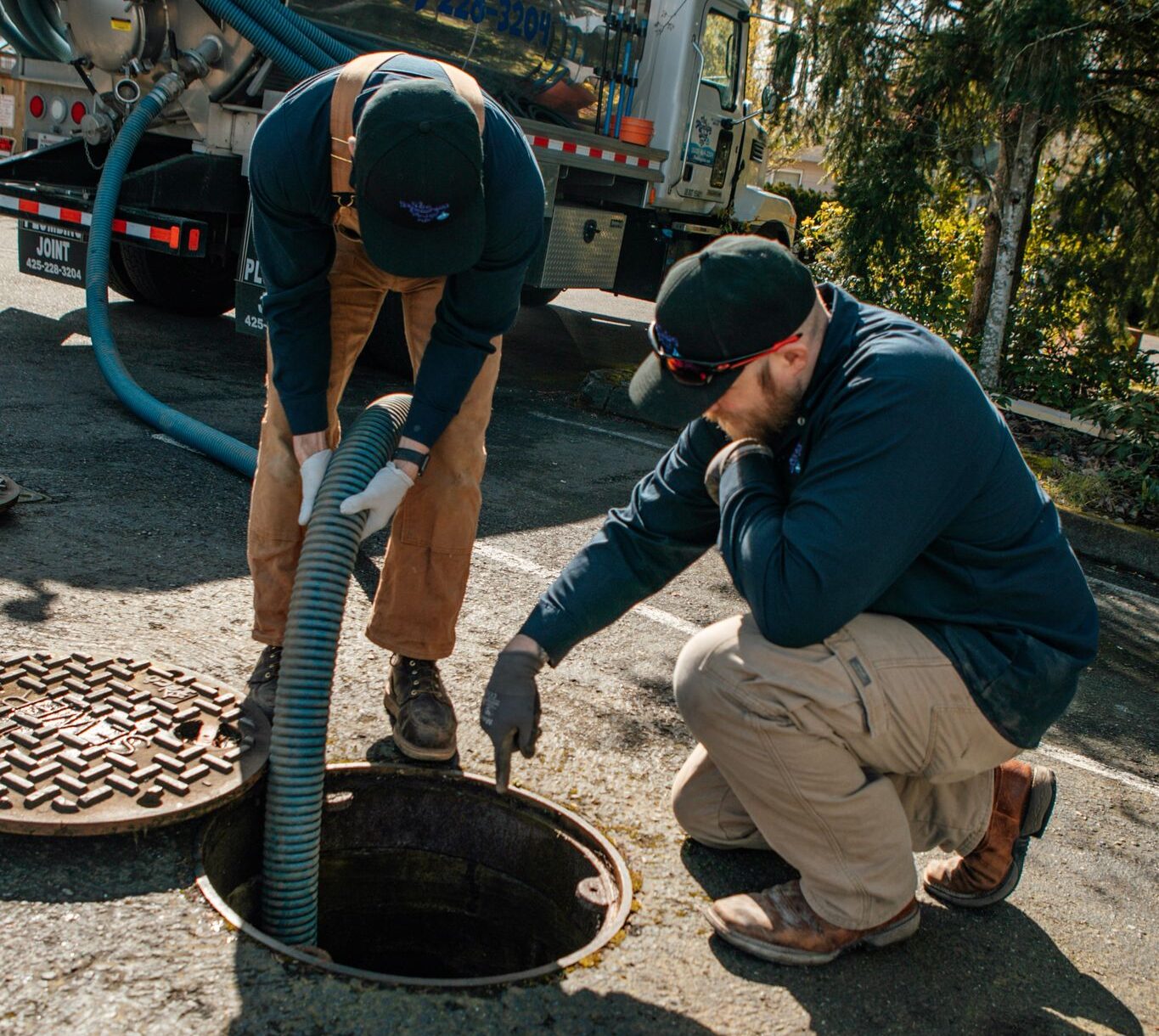
How To Spring Ahead of Plumbing Issues
March 11, 2025
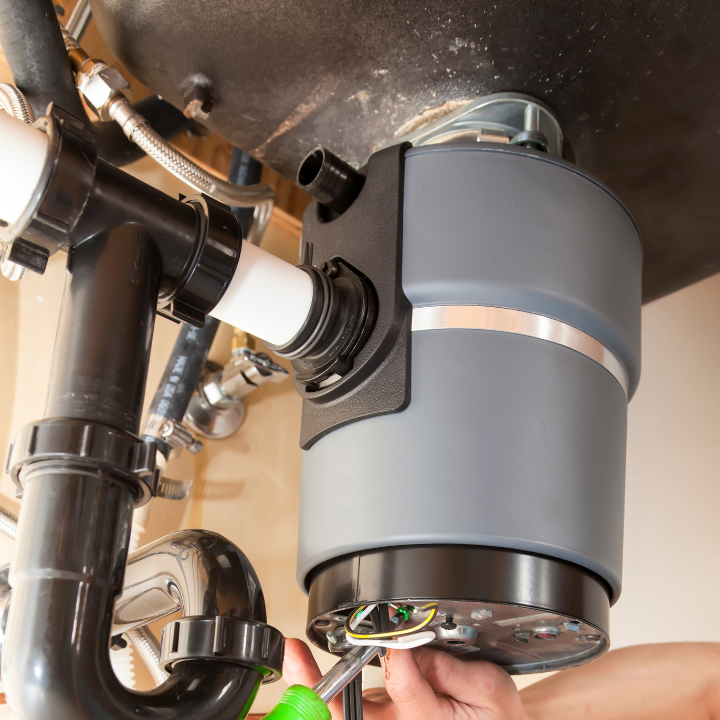
Help! My Garbage Disposal Is Humming But Not Working
February 7, 2025
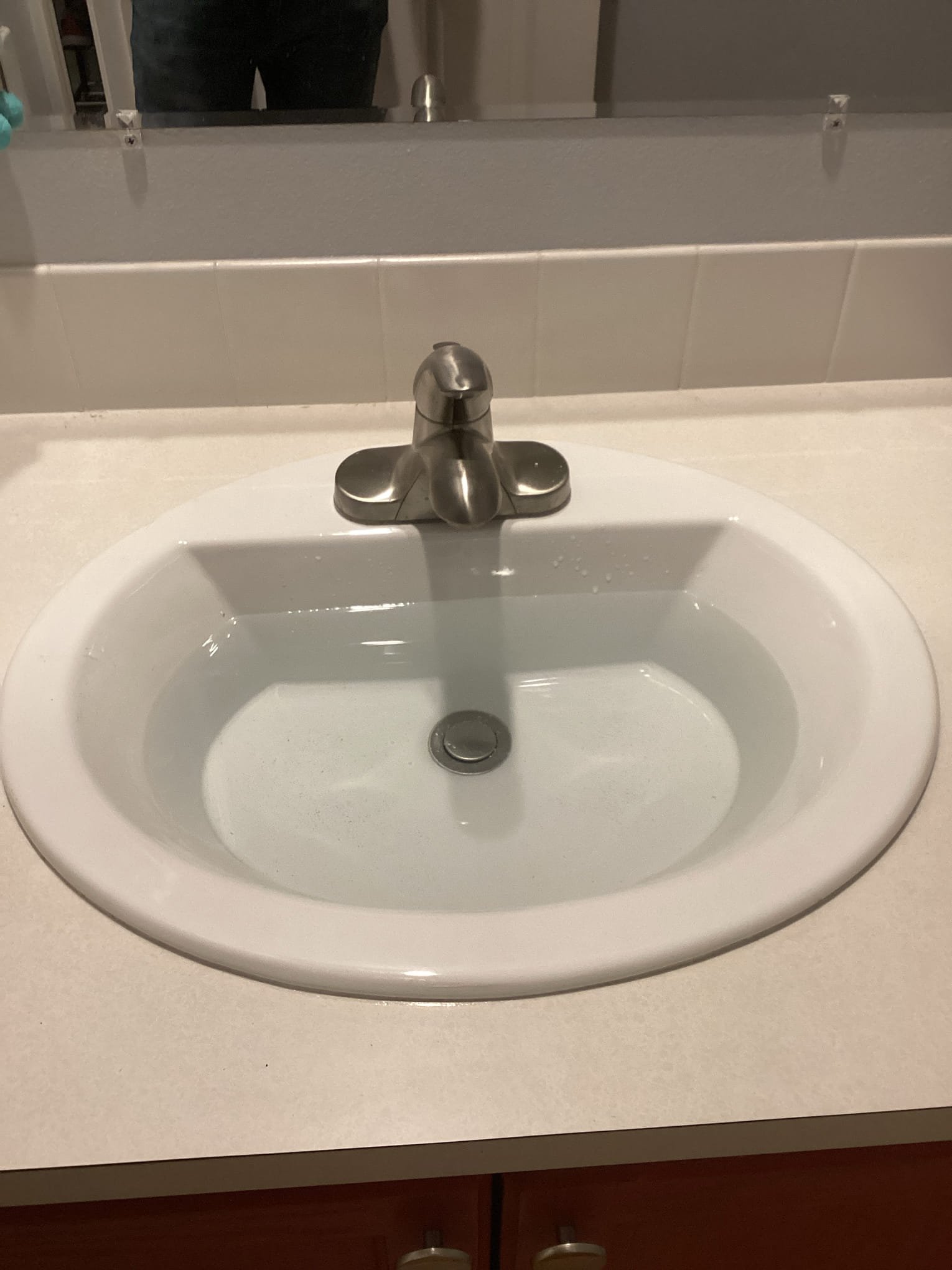
Why Does My Sink Gurgle?
January 10, 2025
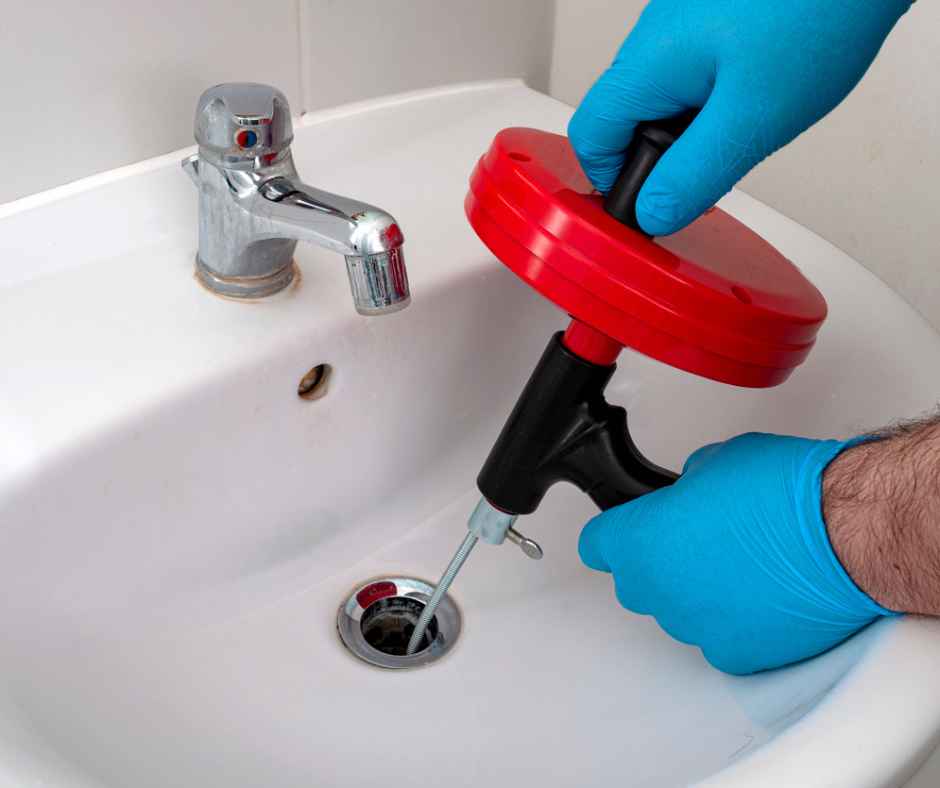
How to Use a Plumbing Snake
December 13, 2024
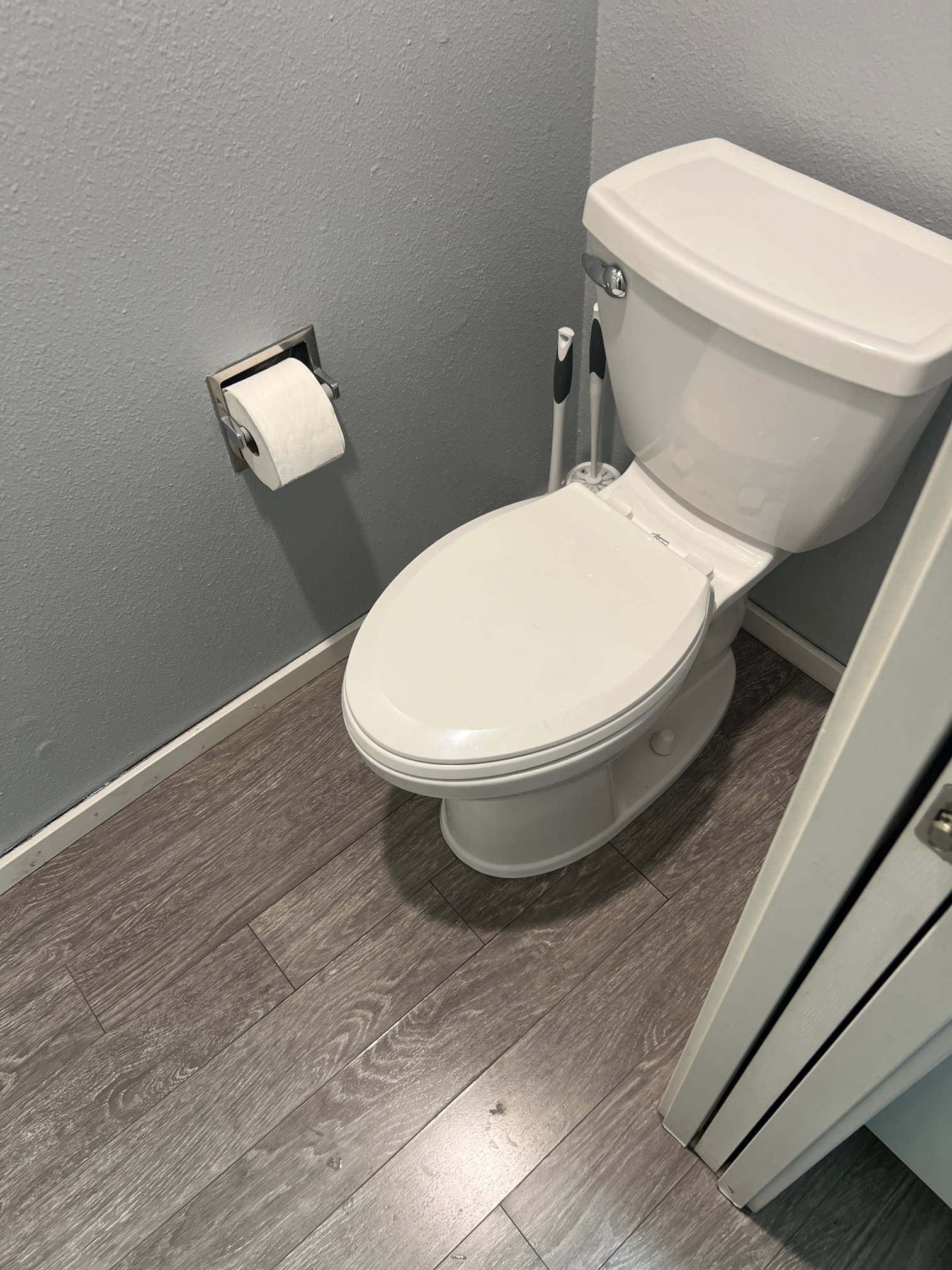
Toilet Sounds And What They Mean
November 7, 2024
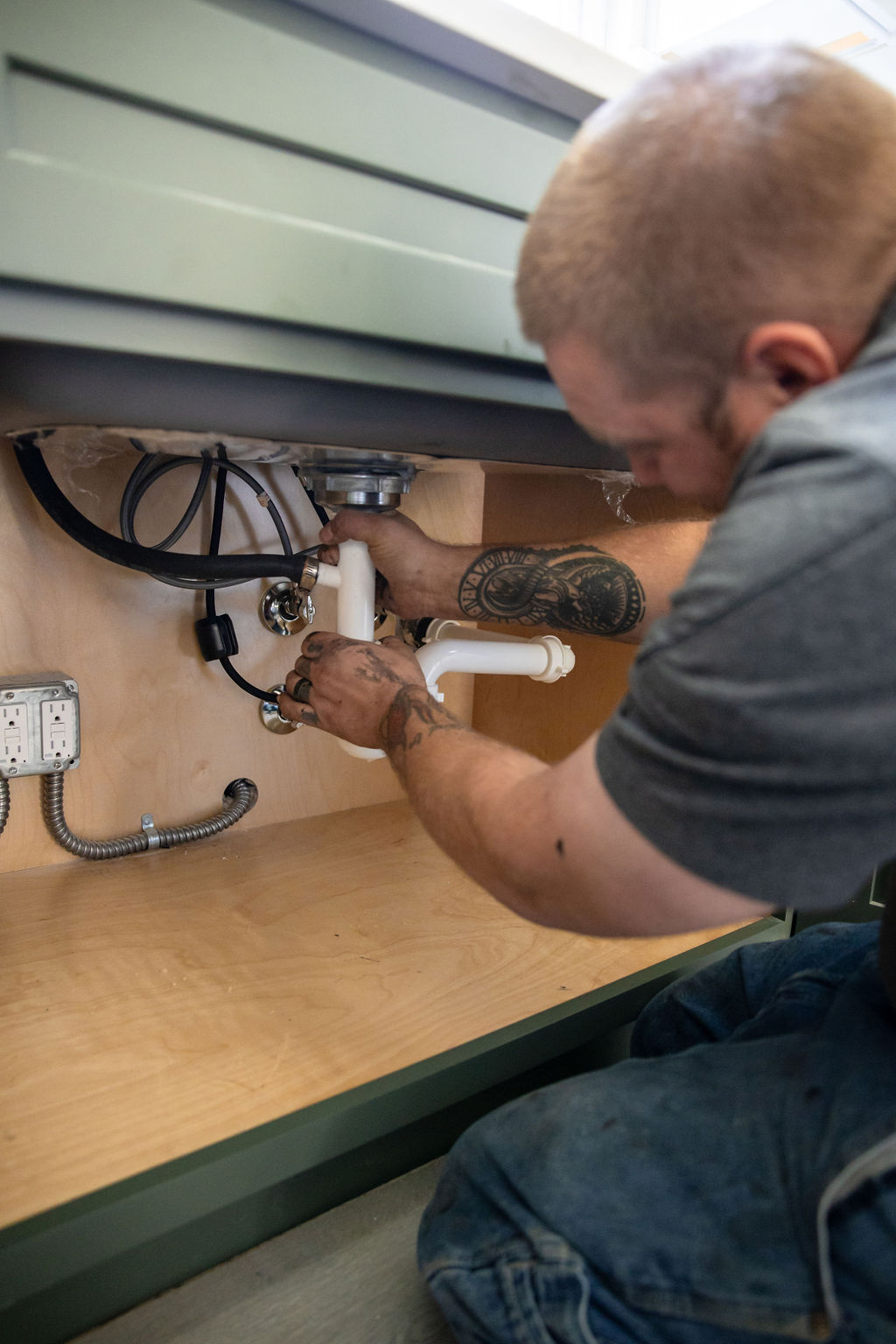
I Have Knocking Pipes When Water Is Not Running – Why?
October 10, 2024
